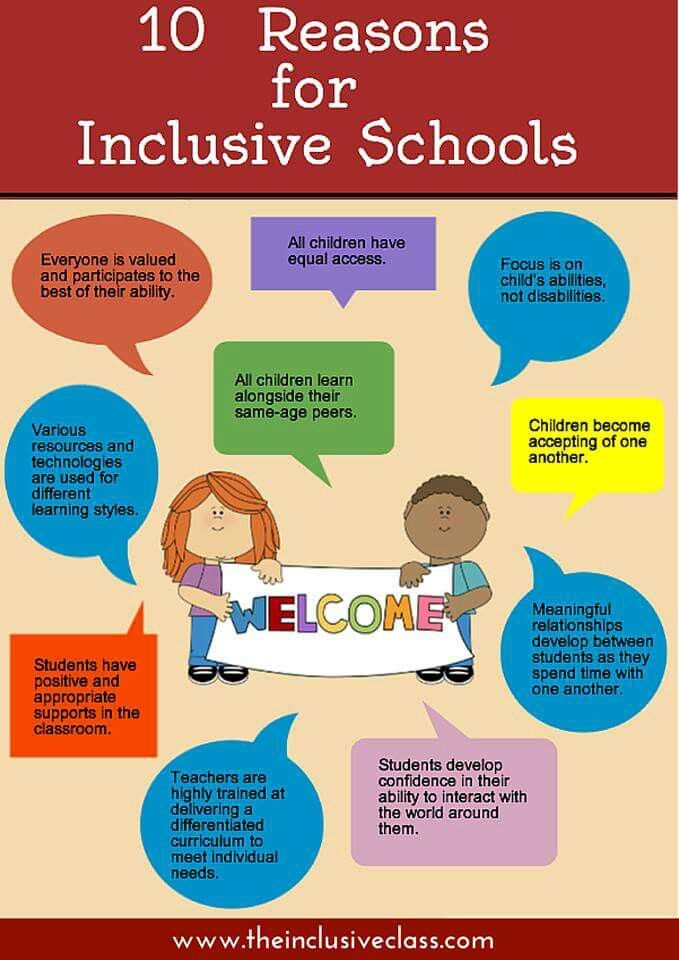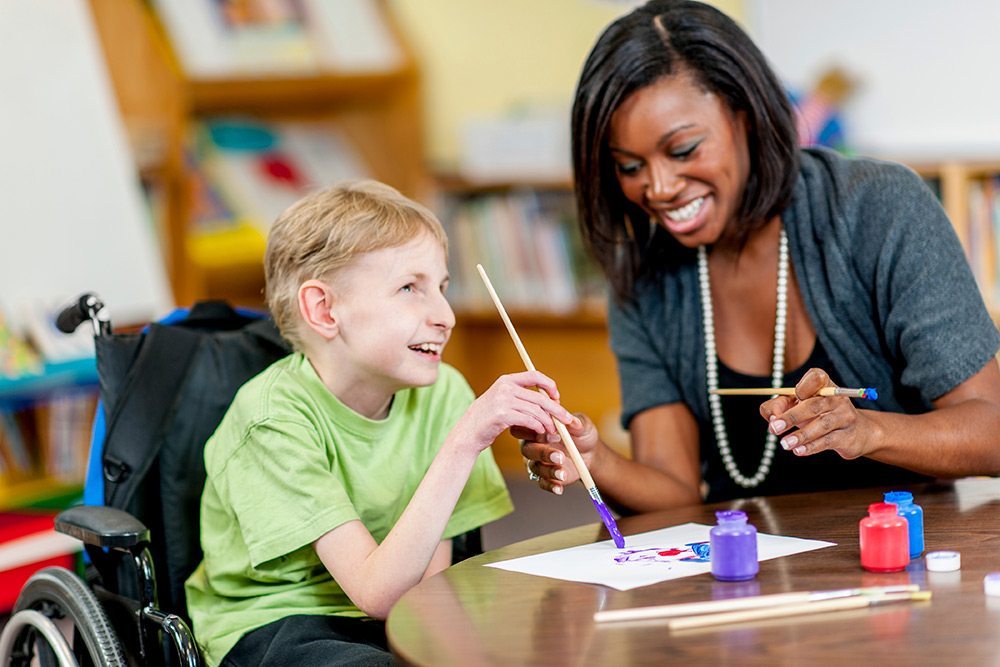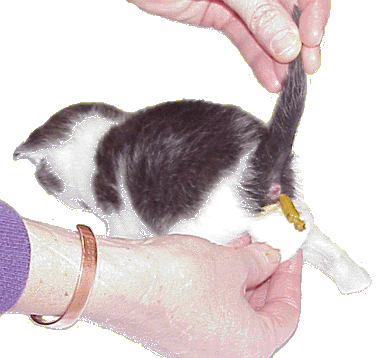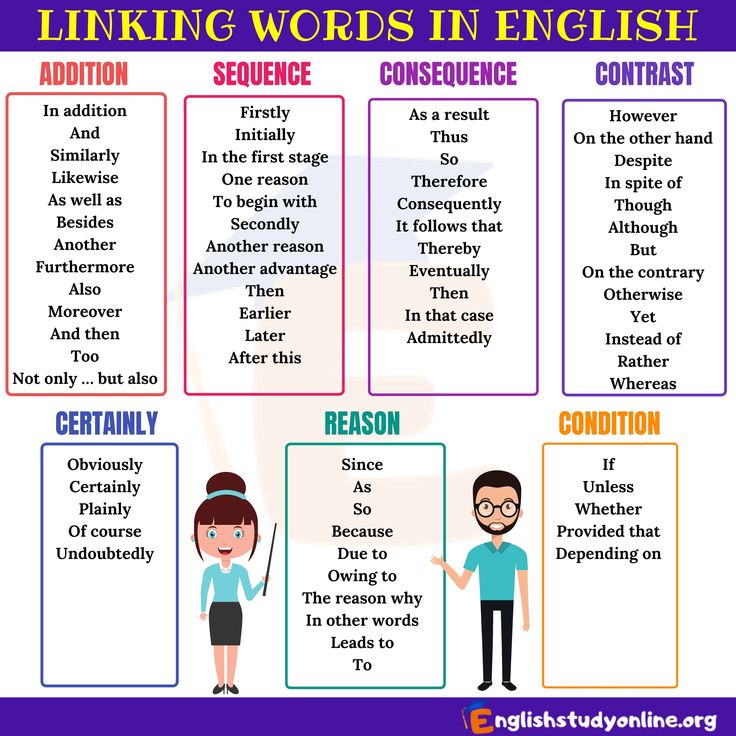How does your child interact with peers
Early Childhood Peer Relationships
Social Skills
When children play or interact with their peers, they are learning about social behavior.
FatCamera / Getty ImagesBy Michelle Balani
When children play or interact with their peers, they are learning more about social behavior, including how to express themselves, how to take turns, and how to apply empathy when dealing with others. When children are able to control their emotions, they can make better decisions and exercise more judgment than a child with poor emotion regulation. Teaching your child to think about emotions, and showing them ways to control their feelings when faced with a problem, can help them better-interact with others. By providing tactics they can use when upset, like counting to 10 or taking deep breaths, you can help them better-negotiate through their interactions with others. These are still emerging skills for young children. Most important is to help your child understand what happened in difficult situations and how to try to handle them better next time. Often, that means seeking out an adult for help, rather than negotiating when upset with a peer.
The way that your child communicates with others plays a major role in their peer interactions and relationships. Talk to your child about the importance of proper communication skills, and provide them with tips on how to have a conversation with others. Explain that it is important to listen to others as they speak and not talk at the same time as other people in the conversation. Practice having conversations with your child and encourage him or her to talk to others and ask them questions about themselves, as this is a good way for him to break the ice and make new friends. By teaching your child about the art of conversation, you will be helping her learn how to meet new people and have engaging conversations with her new friends as she reaches elementary school age.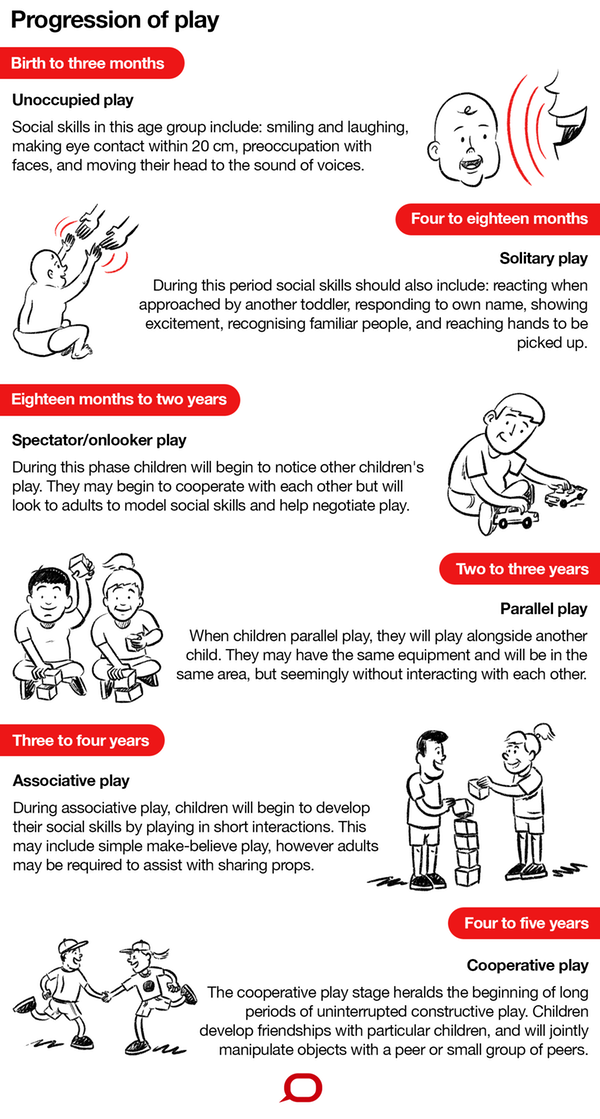
New York City-based teacher Anne Morrison says that peer relationships during this time are constantly changing; at this age, it is normal for your child to not yet have a “best friend,” or at least someone he will name consistently as his best friend. On the other hand, as children—particularly girls—begin to navigate friendship preferences, they often have a hard time understanding that you can be friends with more than one child at a time. This can cause huge drama and hurt feelings when it comes to choosing partners, which can hurt the children who aren’t chosen, or frustrate the friend who doesn’t want to constantly have to play with the same child. Morrison adds that in her experience, many children go through a “you’re not my friend” stage around age four. It may be difficult to hear this happen to your child, but it is important to keep in mind that this is developmentally normal behavior that comes with navigating friendships. If your child is hearing this often and is upset by it, Morrison says, let your child’s teacher know, or if it is a playdate, try to talk about it with the other child’s parent.
Parent Toolkit resources were developed by NBC News Learn with the help of subject-matter experts, including Anne Morrison, Pre-Kindergarten Teacher, Lycée Français de New York; Maurice Elias, Director, Rutgers Social-Emotional and Character Development Lab; Jennifer Miller, Author, Confident Parents, Confident Kids; and Michele Borba, Author and Educational Psychologist.
Michelle Balani
Domain 1: Relationship with Peers
Illinois Early Learning Guidelines: For Children Birth to Age Three (IELG)
Positive experiences and relationships with adults help children establish meaningful and special relationships with peers. Children experience interactions and behaviors with adults that help develop the social and emotional skills needed to positively interact with peers.
Children begin to gain self-awareness and demonstrate an interest in other children by simply observing or touching them. Observation and interest lead to imitation and simple interactions, such as handing over a toy or rolling a ball.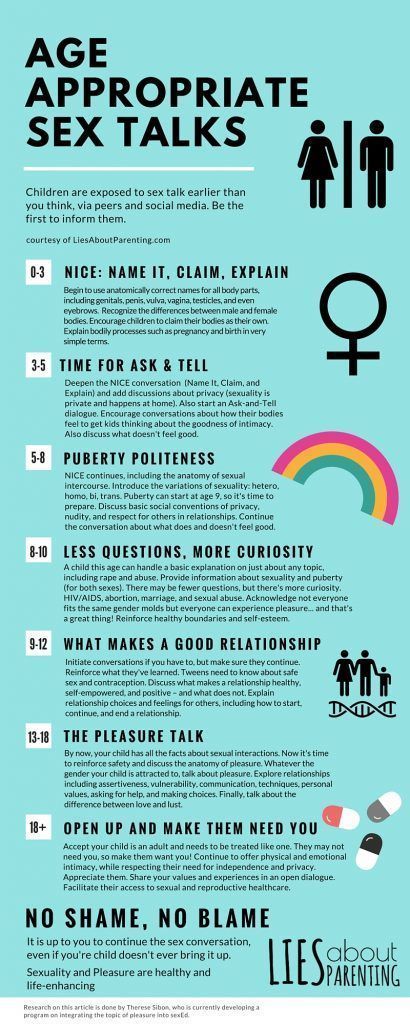 Older toddlers engage in more complex interactions and social exchanges during play while building social connections. Children this age mainly act on impulses and have difficulty controlling their emotions and behaviors, yet begin to learn appropriate social behaviors through the cues and information that their caregivers model for them.
Older toddlers engage in more complex interactions and social exchanges during play while building social connections. Children this age mainly act on impulses and have difficulty controlling their emotions and behaviors, yet begin to learn appropriate social behaviors through the cues and information that their caregivers model for them.
Peer relationships also play an important role in both the development of children’s self-concept, and the emergence of empathy. Children’s ability to positively engage and play with other children relies on their awareness of others’ feelings and viewpoints.1 As children grow, they gain a basic awareness of what other children are expressing. This awareness eventually grows into understanding and behaving in a manner that is sensitive to what others are feeling. These successful interactions and experiences with others help children build self-confidence and a sense of self-worth. This confidence is important in supporting children’s ability to build and maintain meaningful relationships with their peers.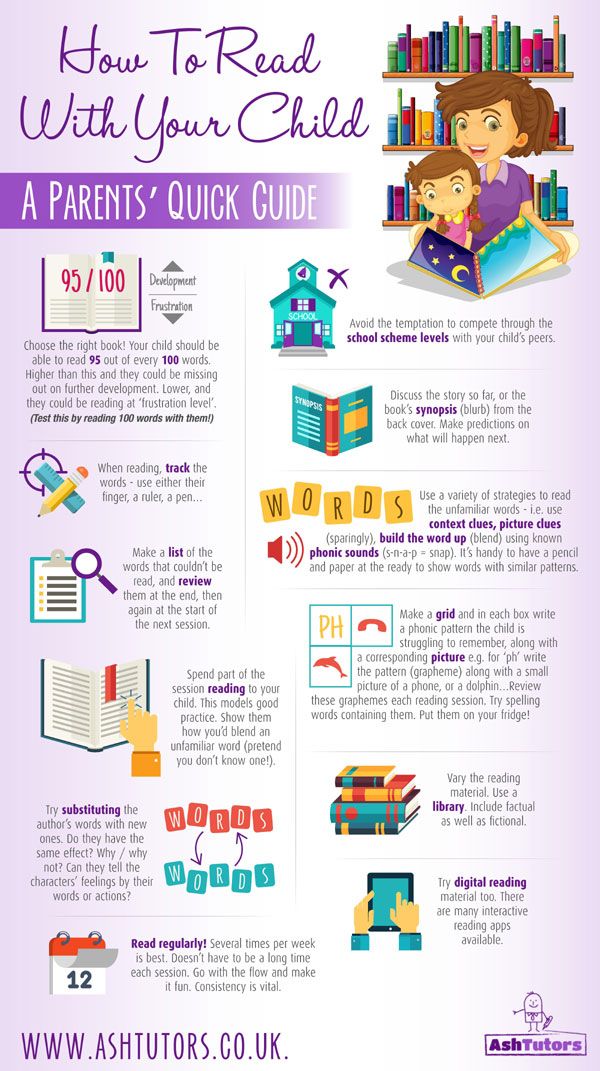
Stages of Play for Infants and Toddlers
Play is the work of children, a tool that allows them to learn about and explore their world. As children meet developmental milestones, their style of play changes to reflect their growing abilities. Young infants engage in independent play as they explore objects and toys alone. Parallel play starts in the toddler years and is characterized by side-by-side play with similar objects and toys, but seldom involves interaction among children. Associative play is most common in the toddler stage, where children engage in a similar activity but have very little organization or rules.2 All of these different types of interactions in play support children in the development of social skills such as respecting boundaries, turn-taking, sharing, and waiting. All of these skills are important in establishing healthy relationships with peers as children begin to engage in cooperative play with others in the pre-school years.
Birth to 9 months
Children begin to interact with their environment and people around them; an interest in other young children emerges.
Indicators for children include:
- Demonstrates effort to interact and engage, e.g., uses eye contact, coos, smiles
- Observes other children in the environment
- Shows interest in both familiar and unfamiliar peers
- Cries when hearing another child cry
- Reaches out to touch another child
- Attempts to imitate actions, e.g., bangs a toy
Strategies for interaction
- Respond positively to the child’s coos and vocalizations with both verbal and facial expressions
- Hold, cuddle, smile, and interact with the child
- Imitate the child’s sounds and actions in a positive manner
- Read and play with the child often; if possible, use books that reflect the home culture
- Engage with the child in exploration and play; follow the child’s lead
7 months to 18 months
Children will begin to observe and imitate other children’s behaviors.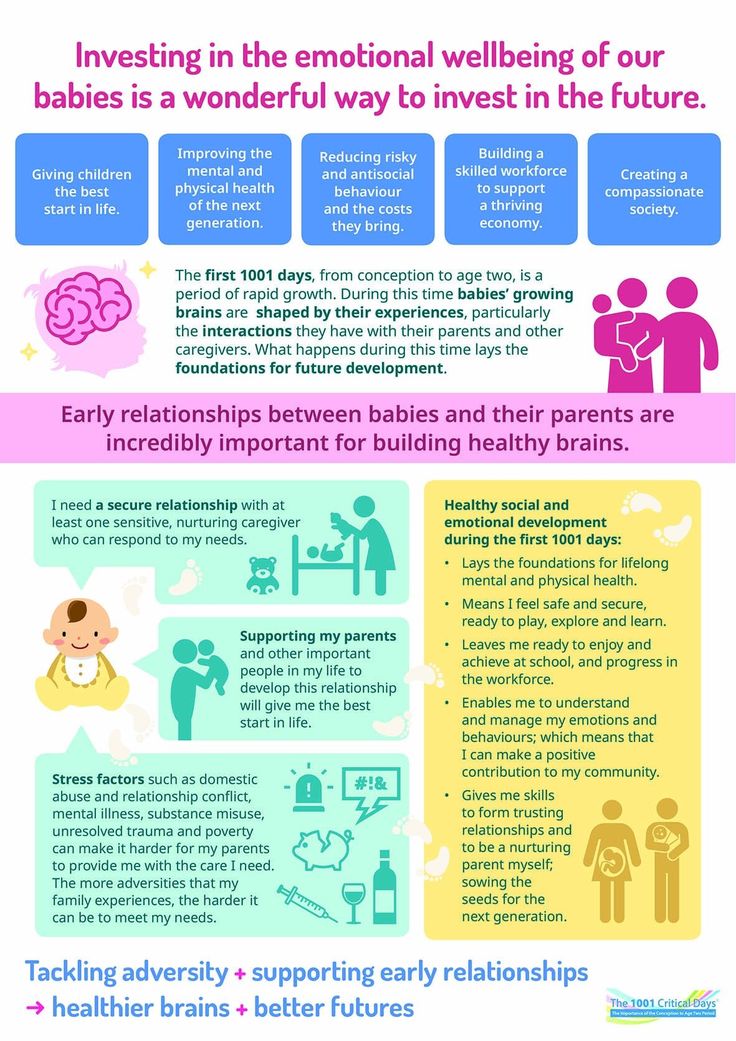
Indicators for children include:
- Shows interest in another child by moving closer, e.g., rolls, crawls, or walks toward the child
- Imitates actions of another child, e.g., rolling a car
- Engages in a simple, reciprocal game such as “pat-a-cake”
- Begins to engage in parallel play, in closer proximity to other children but no interaction is attempted
Strategies for interaction
- Provide opportunities for the child to play and interact with other children
- Model positive interaction while playing and spending time with the child
- Provide activities that can be done in a group setting, such as singing, movement activities, or reading a story
- Provide a variety of toys for children to explore and play with
16 months to 24 months
As play and communication matures, children begin to seek out interactions with peers.
Indicators for children include:
- Gestures in order to communicate a desire to play near a peer
- Demonstrates enthusiasm around other children
- Expresses frustration when another child takes something away from him or her, e.
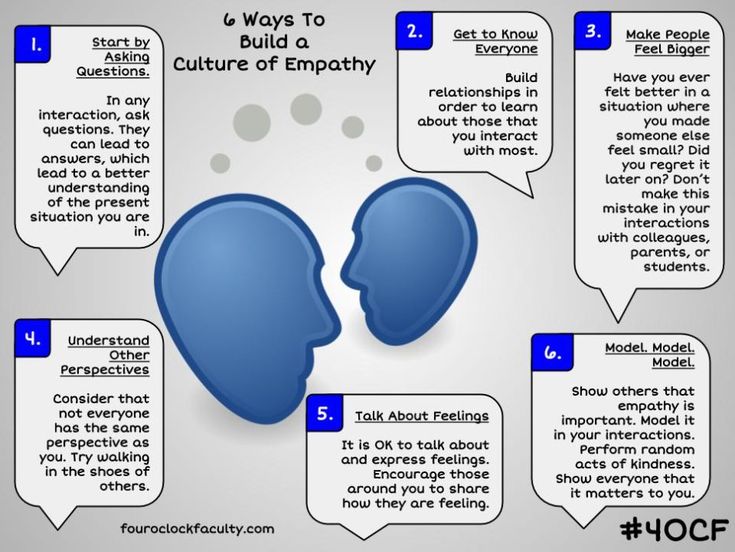 g., a toy
g., a toy - Begins to engage in simple reciprocal interactions, e.g., rolls a ball back and forth
- Demonstrates a preference for parallel play, e.g., plays next to other children with similar toys with little or no interaction
Strategies for interaction
- Recognize and respond thoughtfully to the child’s verbal and nonverbal communication
- Create a special time when two or three children read a book with a caregiver
- Acknowledge sharing and thoughtful behaviors, e.g., a child who pats another child who is upset, or when a child hands over a toy to another child
- Provide more than one of the same toy for the child and his or her peers to play with
- Use distraction and redirection to help limit conflicts among children
21 months to 36 months
Children engage and maintain interactions with their peers, through the use of developing social and play skills.
Indicators for children include:
- Demonstrates a preference toward select peers
- Becomes frustrated with peers, e.g., yells “no” if a peer tries to interfere in something he or she is engaged in
- Participates in sharing, when prompted
- Communicates with other children in different settings, e.g., talks to a peer during snack time, or hands a peer a book
- Begins to engage in more complex play with two or three children
Strategies for interaction
- Create small groups, each with a caregiver, to share some quality time with particular children
- Provide toys that can be played with by two or more children at a time
- Provide activities that encourage sharing, while limiting the risk for frustration, e.g., for art projects, make more than enough art materials available for the children participating
Notes
- Zero to Three. (2008). Turning the lens to infants’ and toddlers’ peer relationships.

- Characteristics of Social Play. An excerpt from Frost, J. L., Wortham, S. C., & Reifel, S. (2008). Play and Child Development (3rd ed., pp. 142–146). Upper Saddle River, NJ: Prentice Hall.
Related Resources
- ← Previous Domain 1: Self-Concept
- Domain 1: Empathy Next →
"How to teach a child to communicate and make friends with peers"
Consultation for parents
It is known that the full development of the child in all its manifestations very much depends on the relationship of the baby with his friends. And, of course, mom and dad can teach a child to get to know each other and make friends, help the child understand this wonderful and complex feeling, understand with whom it is interesting and fun to communicate and play with. The earlier you start teaching your child about friendship, the easier and faster he will be able to communicate with other children and make friends in the future.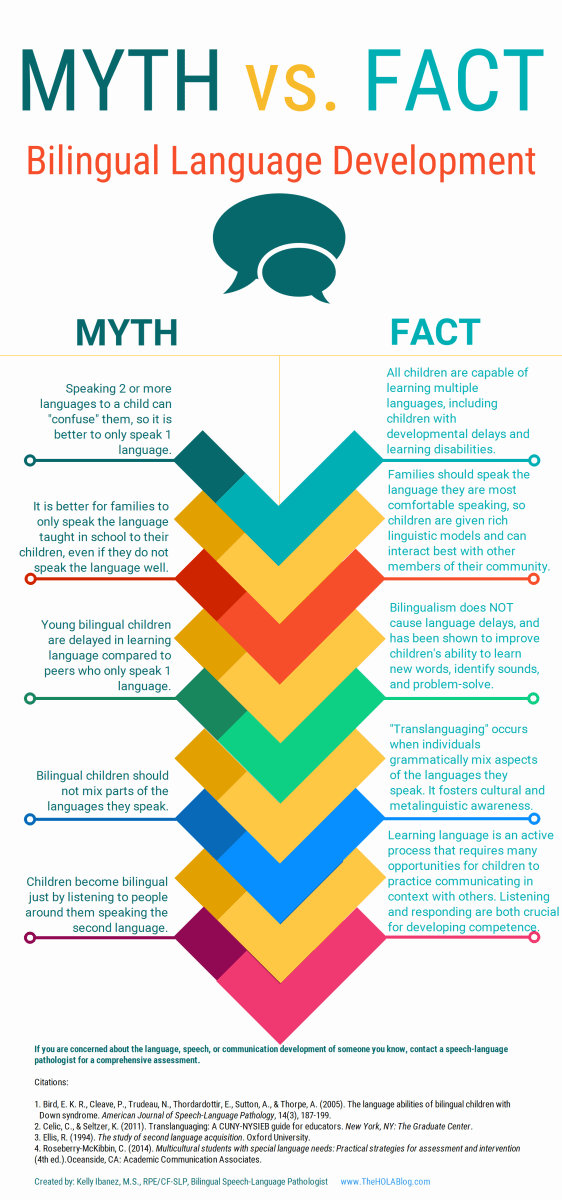
In order for a child to feel confident while interacting with other children, to behave calmly and with dignity, one should tirelessly instill in him the well-known principle of behavior: "Do to others the way you want to be treated to you."
Explain to him that communication should be reduced to dialogue. How often do we adults replace it with a monologue. While talking, we seem to be listening to each other, but do we hear? So, let's first of all teach our child to hear the other, to be attentive to the mood, desires, feelings of the interlocutor. Help your child learn the following rules that he needs to communicate with peers:
- Play fair.
Do not tease others, do not pester with your requests, do not beg for anything.
- Do not take away someone else's, but do not give away your own without a polite request.
- If they ask you for something - give it, if they try to take it away - defend yourself.
- Do not raise your hand against someone who is obviously weaker than you.
- If you are called to play - go, if you are not called - ask, there is nothing to be ashamed of.
- Don't snitch, know how to keep the secrets entrusted to you.
- Say more often: let's play together, let's be friends.
- Respect the wishes and feelings of those with whom you play or communicate. You're not the best, but you're not the worst either.
Of course, there are no ready-made instructions on how to make friends. However, you can still help your child. What do psychologists recommend (by the way, many of their tips are suitable not only for children with communication difficulties, but also for adults with similar problems)?
- “Share your smile and it will come back to you more than once” - often remind your child of the words of this famous song. Explain to the child that you need to get acquainted with a smile and friendliness, if you approach with a gloomy and angry look, they are unlikely to want to communicate with him. In fact, it is worth your child to change alertness to benevolence, shyness to interest, and peers will become much more responsive in response.
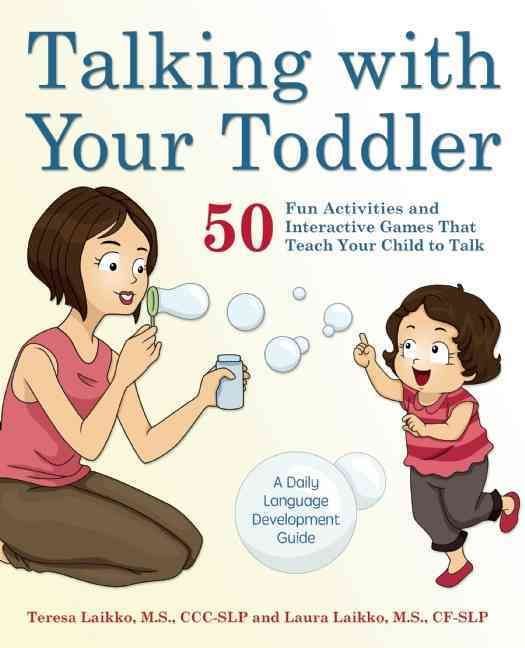
- Teach your child to look into the eyes of the interlocutor - according to psychologists, people with a "running" look do not inspire confidence in others.
- Encourage your child to be interested in other children. Experts say that it is precisely inattention to others, obsession with one's own feelings that often lead a child to isolation. Sometimes children are so focused on their person that they cannot even describe the appearance of a permanent playmate! To wean a child from forgetfulness, invite him to draw his friends from time to time (albeit schematically) - this will make him more observant of others.
- Sharing your property is another step towards others. It is not necessary to give away every last toy, but also to keep them "under lock and key" is not comradely. An exception can be made only for the most beloved, cherished things. At the same time, do not force your son or daughter to share (and even more so, do not grab a toy from your child’s hands, saying: “How can you be so greedy!”), But always generously praise for compliance and kindness - then in adulthood he will not have problems with communication, because from childhood he will learn to seek a compromise.
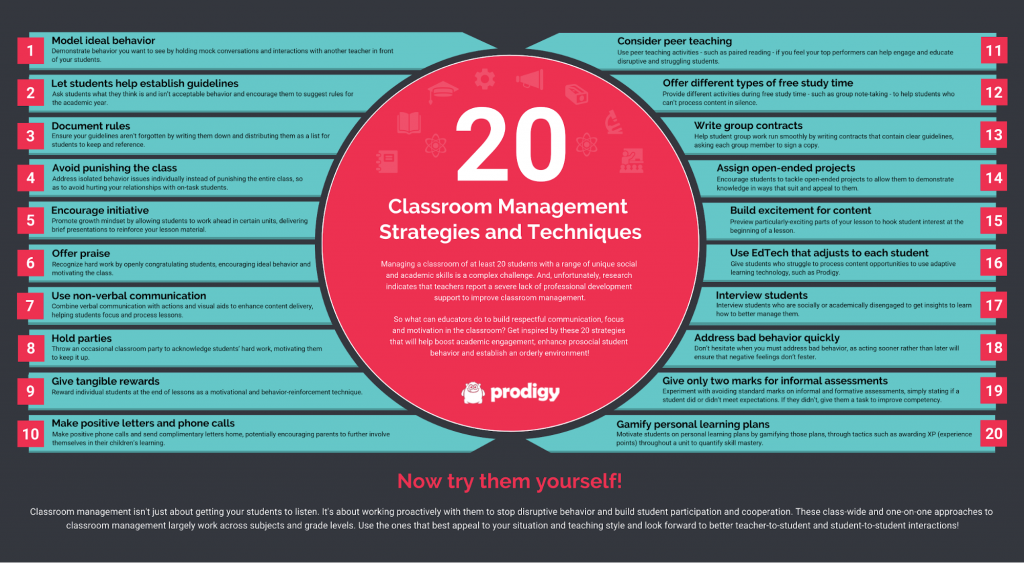
- Refrain from making unflattering remarks about the child's friends, at least in his presence. After all, if he chose a friend himself, then he is attached to him. Scolding a friend of a son or daughter, you automatically make it clear to the offspring that he does not know how to understand people. If you don't like some of your child's friends, try not to judge them, treat everyone equally well, respect your child's choice. Perhaps he will later part with some guys or stop communicating - it's okay, this will be his experience and will teach the child to distinguish real friends from imaginary ones in the future.
- Allow your child to invite friends to his home - a cozy home environment contributes to the development of friendships. If the child does not dare to call his friends, do it yourself, coming up with some reason (no matter what, even the first day of summer!).
- Remember that children intuitively refuse to accept "not" cues. Phrases like: "You did it wrong!" hardly reach the child's consciousness.
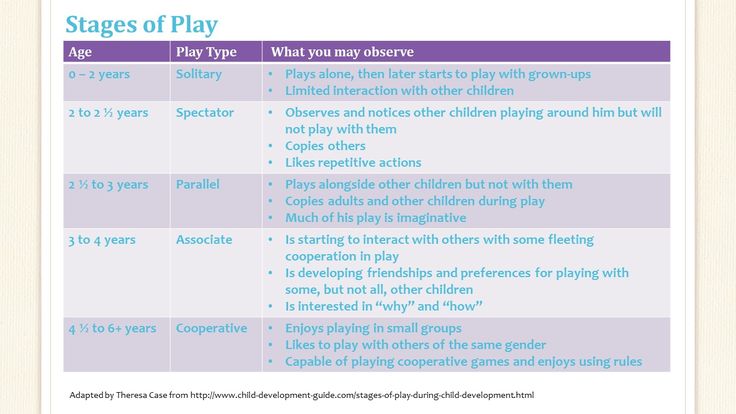 Therefore, pick up other arguments: "You yelled at Masha, after which she was offended."
Therefore, pick up other arguments: "You yelled at Masha, after which she was offended." - Teach your son or daughter to put up. Explain that in case of misconduct, the person must definitely apologize or ask for forgiveness. Of course, you need to have a certain courage to recognize your shortcomings, but only a strong person sees and realizes his own imperfections.
- Do not leave the child alone with his experiences. For example, if he is bullied by his peers, it makes no sense to encourage him not to be upset: he will be upset anyway. Suffice it to say that you understand his feelings. You can give a couple of examples from your own biography. Let's say you remember that you were teased as a child with "Lemon" or "Dumpling", but you tried not to pay attention. Explain to the child that the offenders, inventing different nicknames, are counting on the fact that the person will get angry and lose his temper. If, despite the barbs and malice, he remains calm, the "dirty ones" will quickly lose interest in him.
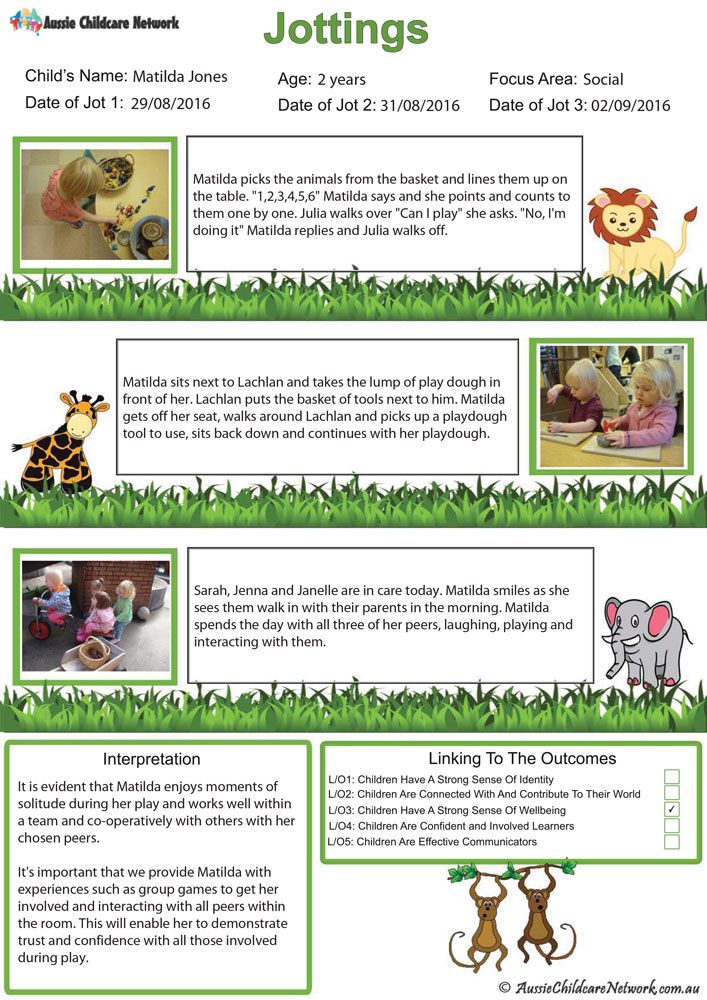
- If you have a shy child or almost no interest in communicating with other children, be sure to periodically set aside some time and communicate with him on the topic of dating and friendship: tell him about your friends in childhood, how you met and what you did together, show him cartoons about friendship, read fairy tales about it and discuss them together - this will help the child understand and understand what friendship is much better than instructions and moralizing. Tell not only the good moments of your friendship experience, but also the difficult and sad ones, so that the baby knows how it happens in life.
Teach your child to make pleasant surprises and gifts for friends, both for the holidays and just like that: you can make a beautiful card with him for a girlfriend and buy a small car for a friend, bake delicious cookies or a small simple pie together. Start some different interesting group games for children at home so that children can play together at your place. Sometimes play with them - you will see how your child communicates with other children, and if you notice mistakes, calmly discuss it with him after the guests leave and tell him what was best to do.
Sometimes play with them - you will see how your child communicates with other children, and if you notice mistakes, calmly discuss it with him after the guests leave and tell him what was best to do.
Read to the child and explain the rules of friendship:
- Help a friend: if you know how to do something, teach him;
- If a friend is in trouble, help him in any way you can.
- Share with other children if you have interesting toys, books.
- Stop a friend if they do something bad.
- Do not quarrel with your friends, try to play friendly with them;
- Don't be arrogant if you're good at something;
- Do not envy your friends - you should rejoice in their successes;
- If you acted badly, do not hesitate to admit it and correct yourself.
- Know how to accept help, advice and comments from other guys.
Talk to your child using the following questions:
- What do you think friends are for?
- Do you have a friend (girlfriend)? Tell me about him (her).
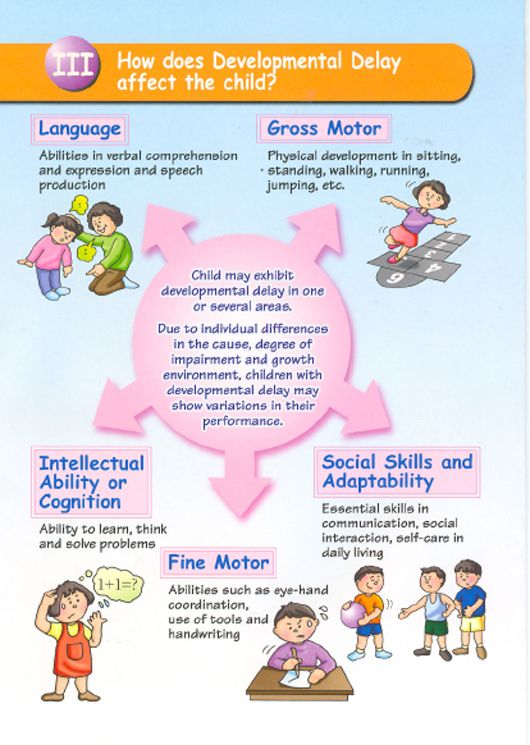
- Why do you need to be friends?
- Why help each other?
Tell us why you need “mirilki” and learn them with your child.
Stop being angry,
Everyone is having fun!
Hurry up, let's put up:
- You are my friend! And I'm your friend!
We will forget all insults
And we will be friends, as before!
To make the sun smile,
Tried to warm us up,
We just need to become kinder,
And we'll put up soon!
Child psychologist "SM-Doctor" gave advice on how to help a child find friends
We figure out how parents can help a child experiencing communication difficulties and not injure him even more.
We deal with Victoria Bogdanova, a child psychologist, an employee of the SM-Doctor clinic for children and adolescents in Maryina Roscha.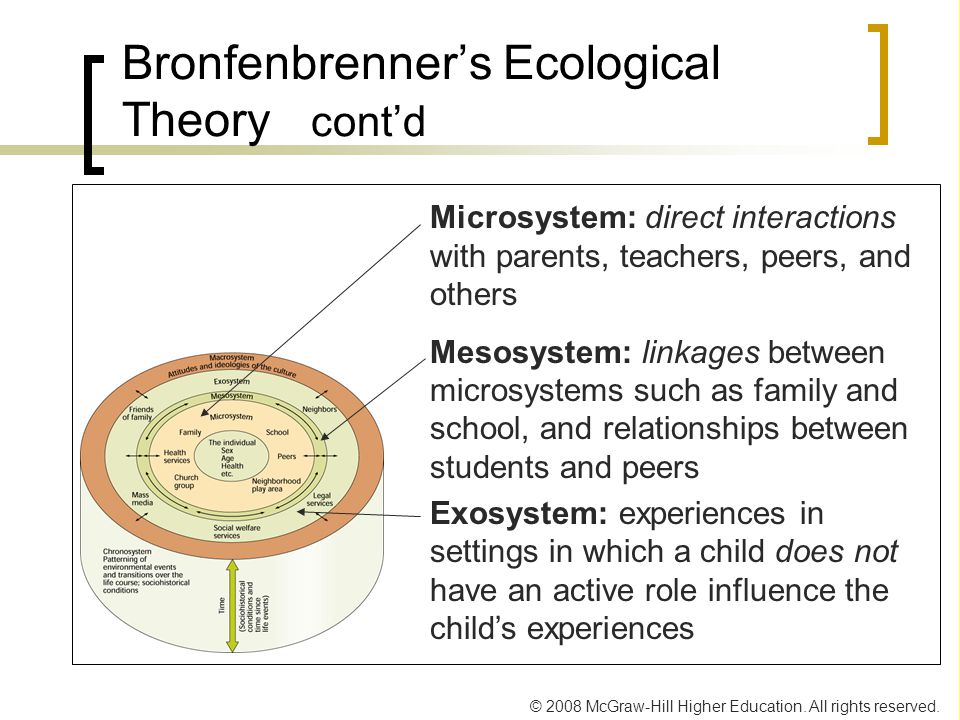
Why can't the child find friends?
In most cases, the problem lies in his parents. Among the common reasons are hyperprotection, limited communication with peers, lack of conditions for the child's self-affirmation, or a negative attitude of parents towards his independent actions. All this can lead to the psychological unpreparedness of the child to communicate with other children.
In addition to parental upbringing, communication problems can also be related to the child's personality, for example, if he is too withdrawn or shy.
The third source of problems with socialization can be the children's community itself, which is often quite cruel. Modern children usually spend their time playing alone, often at the computer. This leads to the fact that boys and girls do not know the usual ways for us to get to know each other. In addition, their ability to empathize is not so strongly developed, it is difficult for them to support each other and talk about important topics.
Adults should start working on developing a friendly attitude towards relatives and peers in a child from about 2-3 years old. It is possible to induce emotional responsiveness in children through reading fairy tales: the child must understand that the characters experience certain feelings that need to be treated with care. Some parents, fearing for their child, impose on him a negative and wary attitude towards other people, and this forms difficulties with communication. To avoid such consequences, it is necessary to educate the child in openness to people, and not alertness and negativity.
Signs indicating that the child has problems with socialization
Naturally, each person is formed in his own way, has individual characteristics, and this is connected not only with the nervous system and temperament, but also with the conditions of development. Starting from the age of 4-5, the level of significance of contacts with peers for a child only increases.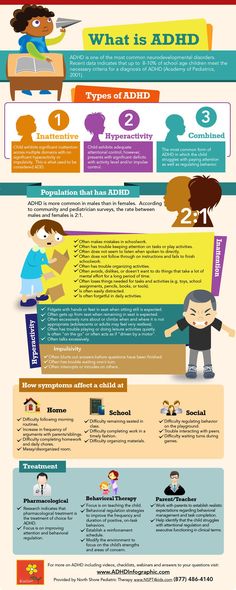 Therefore, if your child:
Therefore, if your child:
- is aggressive towards his peers,
- complains about the lack of friends or the unwillingness of peers to communicate with him,
- goes to kindergarten or school reluctantly,
- does not call up with anyone, does not invite to visit (or if no one calls and invites him),
- is often alone,
- spends all his time playing computer games/reading/TV,
you should pay attention to a possible problem and start taking certain actions to solve it.
Consider the problem on the example of a language understandable to everyone - the language of animation. On September 14, the Disney Channel begins showing the animated series Owl House, which is dedicated to this topic. The main character of the series, Luz, is so passionate about fantasy books that her peers consider her strange and do not want to be friends with her.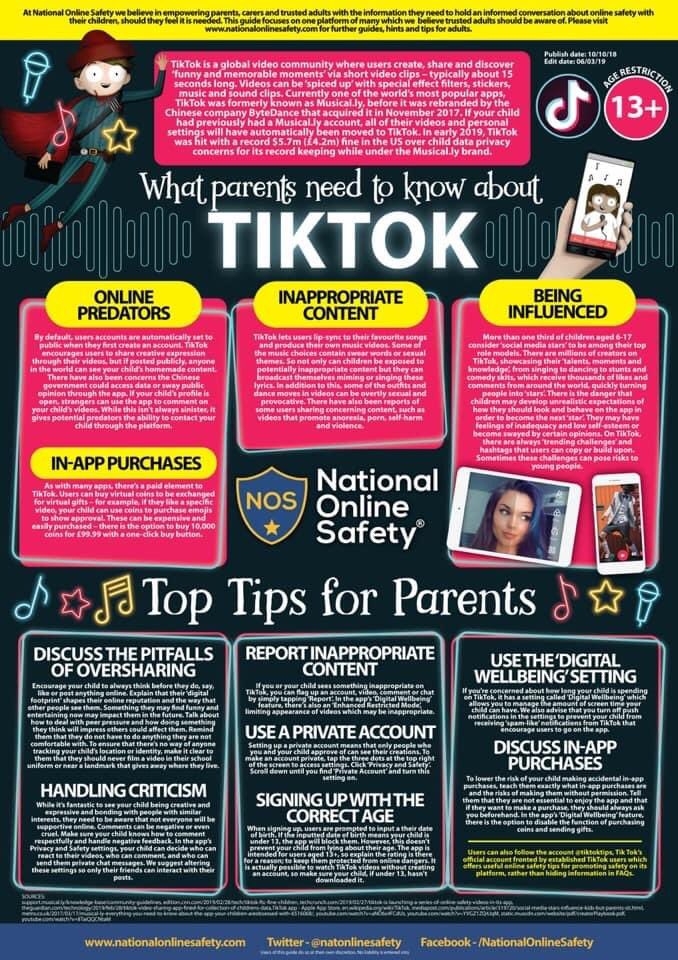
If in reality parents are faced with a similar situation shown in the animated series, is it worth encouraging the interests of the child and his ways of expressing himself when his peers shun him? How can this situation be corrected?
It is worth noting that the girl immersed herself in fantasy books was not accidental: there was something wrong with her relationship with her mother from the very beginning. Escape to the magical world allowed Luz to find what she lacked in real life: the ability to have her own opinion, to defend her will and interests. She managed to realize herself in a world inhabited by rebels and freedom-loving characters.
Luz's infatuation began to spread in a form that frightened peers and adults, her eccentric behavior at school harmed those around her. Definitely, parents should support their children's hobbies, however, they need to tell them about the existence of personal boundaries of other people and that an unusual form of self-expression can be repulsive.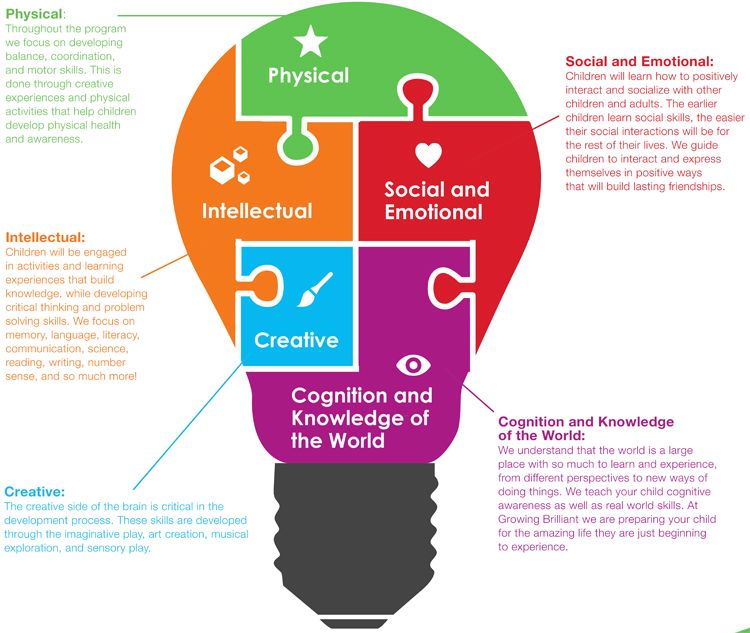 To close the need, you need to find, together with the child, the place where it is acceptable, and it’s definitely not worth extending your eccentricities to all people.
To close the need, you need to find, together with the child, the place where it is acceptable, and it’s definitely not worth extending your eccentricities to all people.
It is important for parents to build close trusting relationships with the child, to encourage his interests, because in this way the child's feelings and experiences are sublimated. And the situation can be corrected, for example, through art therapy or joint work of the parent, child and psychologist. The first task is to understand which needs are not satisfied.
Often, parents send their child to a kindergarten or send him to a summer camp so that he is socialized there. But what if he doesn't feel comfortable there?
In such cases, parents are most often convinced that they know how and what will be best and right for their child. In most of these situations, they do not focus on the real desires and needs of children, but project their own onto them.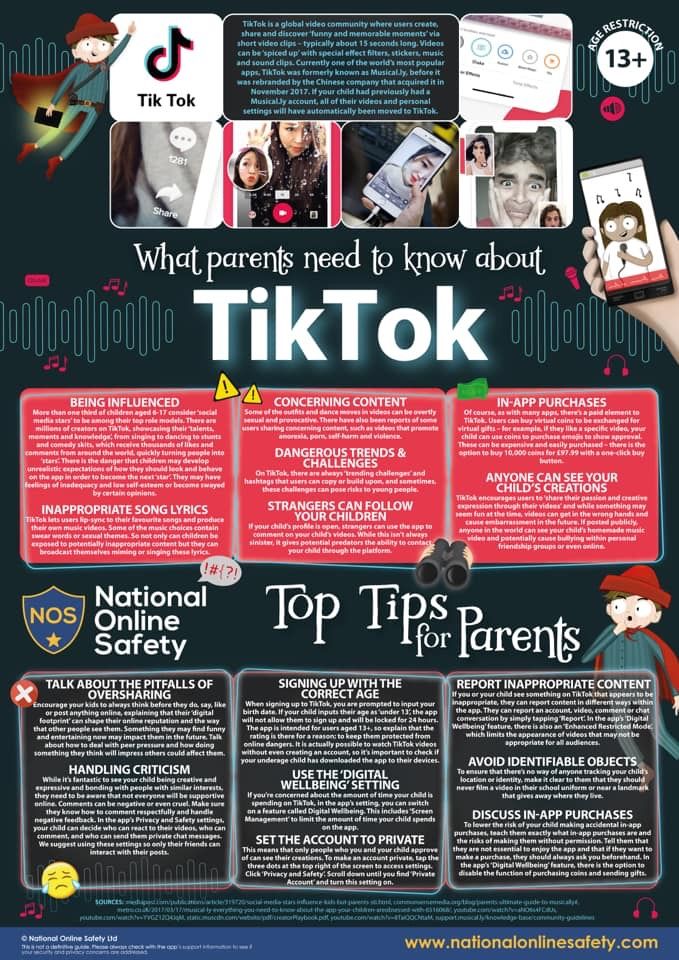 Please ask your child about where he wants to go or go, how he feels being away from home, what difficulties he faces. It is very important not to leave him alone with his experiences and not downplay his problems. Help your child find the answer to a difficult question, cope with a difficult situation. In the animated series Owl House, a mother wants to commit an act against her daughter's will, and this only provokes her escape into a fantasy world. It is difficult for a girl to find friendly relationships, and her mother does not listen to the needs of her child, which only aggravates the situation. In her place, it would be worth acting quite the opposite: to establish contact with her daughter and find out about her desires.
Please ask your child about where he wants to go or go, how he feels being away from home, what difficulties he faces. It is very important not to leave him alone with his experiences and not downplay his problems. Help your child find the answer to a difficult question, cope with a difficult situation. In the animated series Owl House, a mother wants to commit an act against her daughter's will, and this only provokes her escape into a fantasy world. It is difficult for a girl to find friendly relationships, and her mother does not listen to the needs of her child, which only aggravates the situation. In her place, it would be worth acting quite the opposite: to establish contact with her daughter and find out about her desires.
It is no less important to help the child not withdraw into himself. So, in order not to allow the child to go into compensatory fantasies, parents should first of all develop in him the skill of accepting reality with its difficulties. Helping a child cope with failures is possible only through emotional support: asking about his condition, sharing experiences, talking about his experiences from childhood.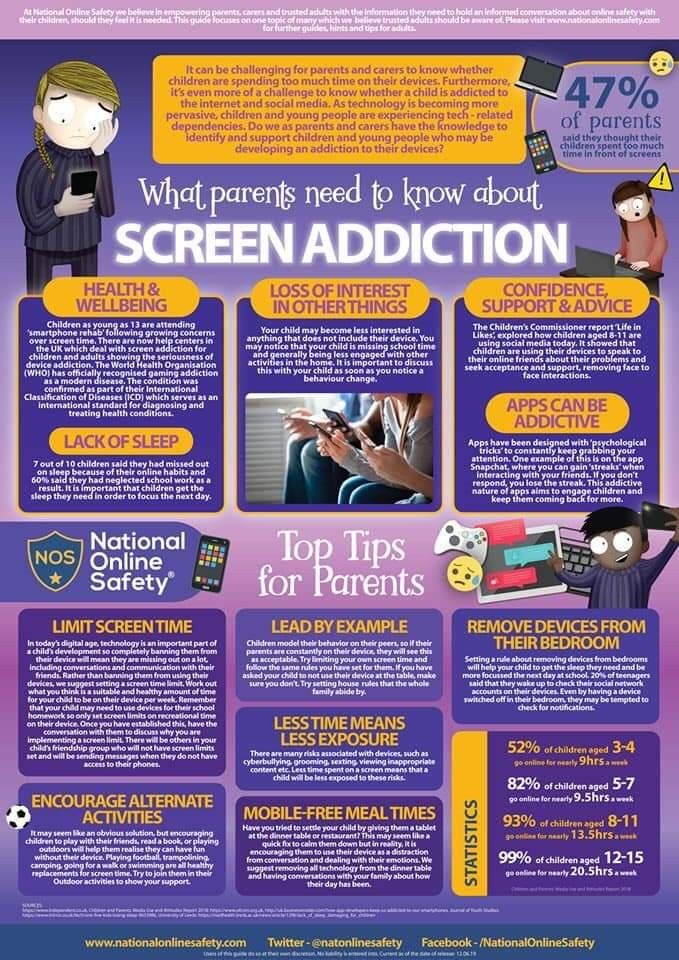 In this way, the parent will be able to help the child not be disappointed and not withdraw into himself, even when it seems that those around him do not accept him.
In this way, the parent will be able to help the child not be disappointed and not withdraw into himself, even when it seems that those around him do not accept him.
What parents should remember
First, talk to your child. The words “I see that you are sad / angry / worried. I would like your relationship with the guys to develop differently” are really important, since a child at any age should feel that the parent loves him, is always ready to listen and is aware of his difficulties. This approach helps build trust.
Secondly, it is important for the parent himself to stop overprotecting the child, unquestioningly fulfill his every desire and indulge his every demand. This is necessary so that he learns to independently solve emerging issues and cope with his own egoism. For example, children often demand to play by their rules, and if they lose, they are offended and upset. But life in society does not work like that - a child must be able to play together with other children: sometimes under someone else's guidance, sometimes according to different rules.
Everyone knows that children copy the behavioral model of their parents, which means that you can correct their behavior through your own example. You can convey an important experience without notations and moralizing by telling the child the story of meeting his childhood friends, about how friendship flowed, about quarrels and reconciliations.
Initiate visits and contacts with other children. If possible, change the child’s living conditions and social circle as little as possible: due to frequent moves, it will be difficult for him to build close relationships with peers.
Watch together movies and cartoons that raise this topic, and be sure to discuss the actions and behavior of the characters after watching. From the side it is always easier to assess the situation, and then try to shift it to your own experience.
What will help the child to join the team?
There are basic skills and abilities that will help the child get used to the team, but work on their development, of course, should be carried out by parents.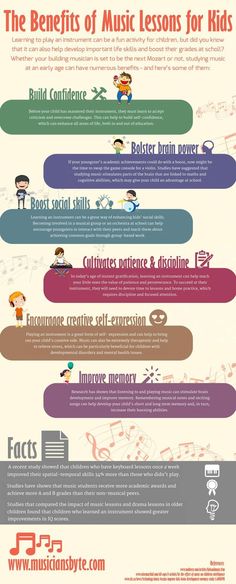
- The ability to understand one's feelings and emotions, as well as the ability to manage and express them in an adequate form. From an early age, parents need to develop the emotional intelligence of their children. For example, you need to teach your child to verbally express resentment without provoking conflict.
- The desire of the child himself to maintain emotional contact and closeness with other people, to share and be able to understand their feelings. It is important that the child wants to take part in games with peers, perform collective tasks, and at the same time not be afraid to take the initiative in his own hands or support the initiative of other people.
- An equally valuable skill is the understanding of boundaries, as well as the ability to accept refusals and say “no” yourself. The child should be aware of the existence of private property - his own and other people's toys.
The ability to keep up a conversation, joke and ask questions.